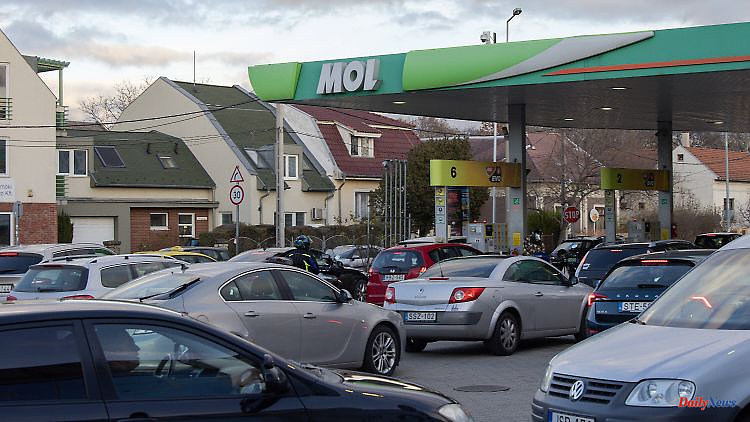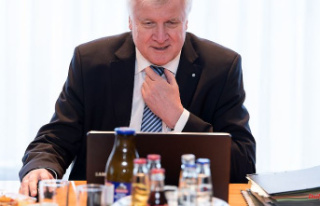Last year, Hungary passed a price cap on fuel. The consequences are lower imports and significant supply bottlenecks. After panic buying at dozens of gas stations, the Orban government backed down.
After the appearance of serious supply bottlenecks, the Hungarian government has lifted the petrol price cap that has been in place for more than a year with immediate effect. This step was taken at the suggestion of the domestic mineral oil company MOL and applies with immediate effect, said Prime Minister Viktor Orban's chief of staff, Gergely Gulyas, on Tuesday evening. At the same time, he blamed the oil embargo imposed on Russia by the European Union (EU) for the Ukraine war.
Since November 1 of the previous year, motorists in Hungary have only had to pay 480 forints, around 1.17 euros, for a liter of premium unleaded (95 octane) or a liter of diesel. The regulation recently led to bottlenecks in the supply of fuel for vehicles. Foreign petroleum companies were not interested in supplying petrol to Hungary at below-market prices. The MOL Group spoke of a 30 percent drop in imports, and according to him, repair work at one of the country's refineries exacerbated the situation.
Many gas stations ran out of gas on Tuesday. The media reported panic buying and published photos of long queues of cars in front of the petrol pumps in many places. In the capital, Budapest, too, many gas stations were reportedly out of gas. Although the phenomenon could not yet be observed across the board, according to experts, there were signs of a collapse in the fuel supply. The lifting of the price cap came into effect on Tuesday at 11 p.m.
Bottlenecks had also threatened in the past. The government had therefore increasingly restricted the circle of those entitled to claim. Since last May, only vehicles registered in Hungary can be refueled at a reduced price. In July, the regulation was limited to vehicles owned by private individuals.












